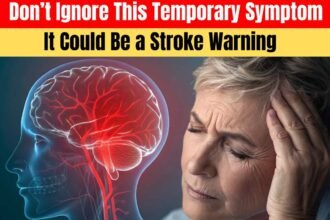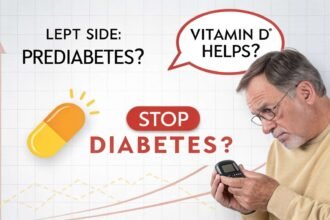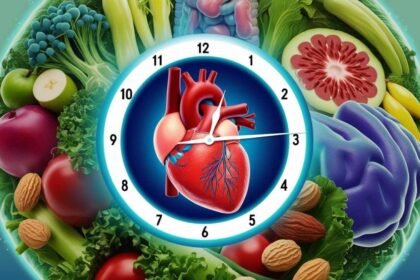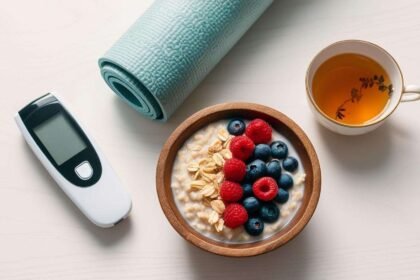Everything we do speeds up with age, but what if we could stop it? A new study from the DO-HEALTH trial looked at whether making simple changes to your habits, like getting enough vitamin D and omega-3 supplements, could actually slow down biological aging.
The results opened our eyes! The blog posts explain the results in a way that everyone can understand, even school kids.
The Science of Aging: What Are Epigenetic Clocks?
Researchers have found a way to measure biological aging, which is how old your body looks instead of how old you really are. They use epigenetic clocks to look at how DNA changes over time.
DNA methylation is the name for these changes. They help researchers figure out if certain habits or nutrients can speed up or slow down aging.
The DO-HEALTH trial focused on four major epigenetic clocks:
- PhenoAge
- GrimAge
- GrimAge2
- DunedinPACE
Each of these clocks gives scientists a better idea of how fast someone is aging based on their lifestyle and health choices.
The Experiment: 777 Older Adults, Three Years, Three Lifestyle Changes
For three years, researchers looked at 777 people over the age of 70. They were interested in seeing if three easy habits—getting enough vitamin D, taking omega-3 pills, and following an exercise plan at home—could slow down biological aging.
Participants were divided into different groups:
- Some took only omega-3 supplements.
- Others took only vitamin D.
- Some did only exercise.
- Some combined all three habits.
At the end of three years, researchers checked if these changes affected the participants’ epigenetic clocks.
What They Found: Does It Work?
1. Omega-3 Slows Aging the Most!
What surprised you the most? The best way to slow down age was to take omega-3 supplements. In three of the four DNA clocks, people who took 1 gram of omega-3 every day aged more slowly.
2. Vitamin D Alone Had No Effect
Taking 2,000 IU of vitamin D every day didn’t slow down age on its own like omega-3 did. But when it was mixed with omega-3, it made the benefits even better.
3. Exercise Helped, But Not as Much as Expected
Doing 30 minutes of workouts at home three times a week did not have a big effect on aging by itself. It did have a small extra effect when mixed with omega-3 and vitamin D, though.
4. The Best Results? A Combo of All Three
The study found that exercising, taking vitamin D, and omega-3s all together had the most obvious effect on slowing down aging. In other words, omega-3 is the most important thing, but the other two habits make it even better.
Why Omega-3 Works: The Secret Behind Its Power
Omega-3 fatty acids are found in fish oil, flaxseeds, and walnuts. But how do they slow aging?
- They reduce inflammation – Chronic inflammation speeds up aging. Omega-3 fights this.
- They protect DNA – Omega-3 helps prevent damage to your DNA, which keeps your cells younger.
- They improve brain and heart health – Aging isn’t just about wrinkles; it affects your entire body. Omega-3 keeps your brain sharp and your heart strong.
Should You Start Taking Omega-3 and Vitamin D?
If you want to stay younger for longer, this study suggests:
- Take an omega-3 supplement (1g per day).
- Get enough vitamin D (through sunlight or supplements).
- Exercise regularly (at least 30 minutes, 3 times a week).
This combination could help slow down aging and keep you healthy for longer.
Final Thoughts: Small Changes, Big Results
You can’t stop getting older, but you can control how fast you age. Small things you do every day can make a big difference, as shown by the DO-HEALTH review.
We can’t go back in time, but we can slow it down. To do this, do easy things like stay active, take omega-3s, and vitamin D.
Now you know what to do if you want to age well and smoothly.












